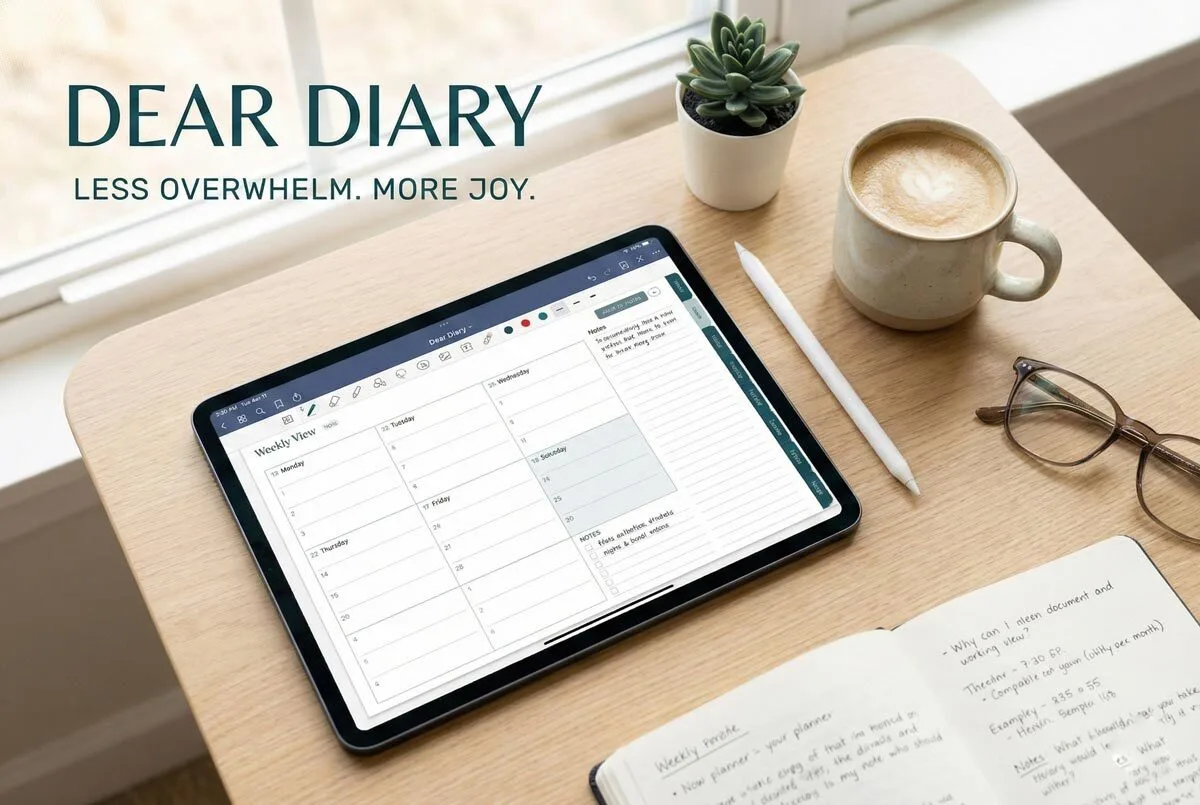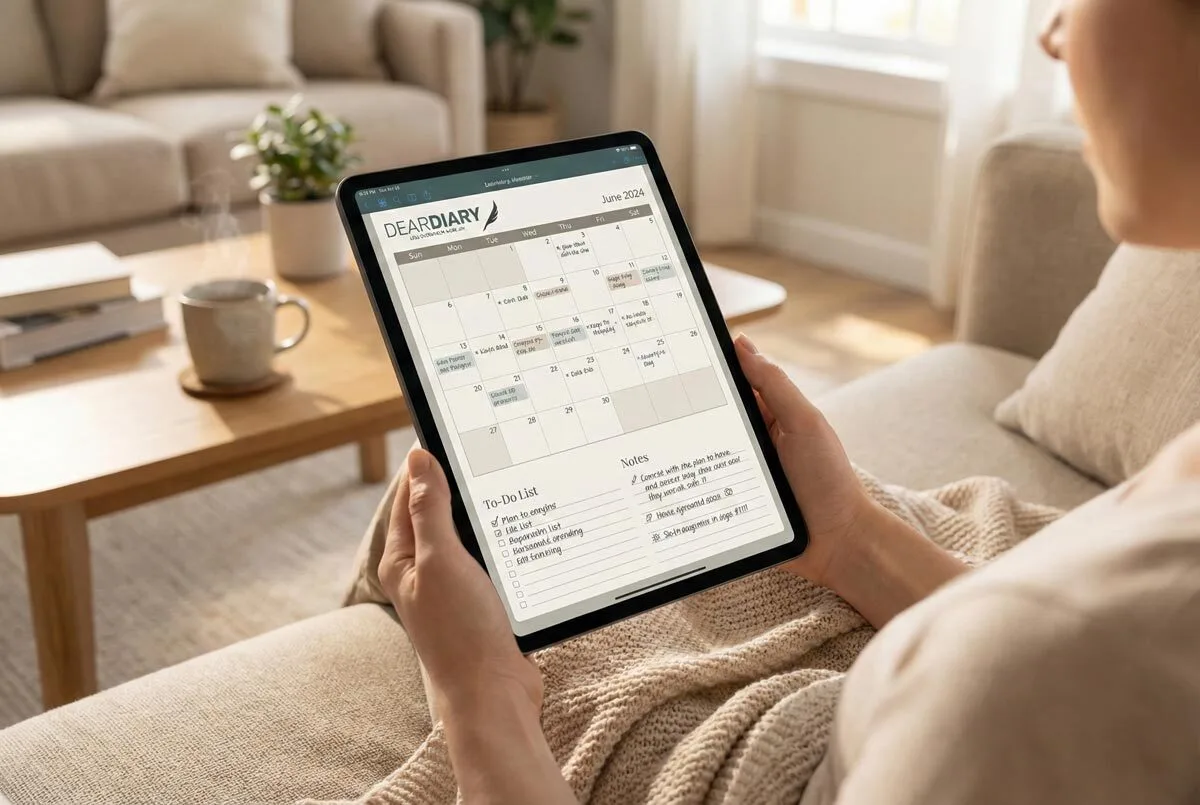You’ll transform your wedding planning from overwhelming chaos into a strategic 15-month system by beginning with your guest list—it drives every major decision and budget allocation.
Secure your venue 12-18 months in advance as it’s the foundation that influences all other vendor choices, then prioritise your budget on the three cost drivers consuming 40-50% of expenses: venue, catering, and photography.
The timeline below indicates precisely when to book each vendor for maximum savings.
Key Takeaways
- Begin planning 15 months in advance, finalising the guest list to influence venue, budget, and vendor decisions effectively.
- Book the venue first at 12-18 months prior, then a wedding planner, followed by photographers and high-demand vendors strategically.
- Create a detailed budget with a 15% buffer for unexpected costs, allocating 40-50% to major expenses such as venue and catering.
- Utilise digital tools like QR codes, wedding apps, and online platforms for guest management and vendor coordination.
- Finalise all vendor details 6 months before, confirm arrangements one month prior, and delegate day-of responsibilities to the wedding party.
15-Month Head Start: Setting Your Foundation for Success

While most couples get swept up in Pinterest boards and dream dress shopping, the real foundation of a stress-free wedding lies in tackling the unglamorous stuff first. Your guests need clarity before they need beauty.
Skip the pretty planning and prioritise the practical—your guests need logistics sorted before they need Instagram-worthy details.
Start with your guest list – it’ll determine everything else. You can’t book a venue without knowing if you’re hosting 50 or 150 people. Research average costs in your area immediately. Officiant fees, transport, floral arrangements – get real numbers, not Pinterest fantasies. Consider integrating a digital planner tool to help organise timelines and track expenses efficiently alongside your guest list planning.
Create your budget with actual categories: venue, attire, food, décor, photography. Build in 15% for surprises because they’re coming. Consider using budget advisor tools to understand realistic spending expectations for your area and guest count.
Launch your wedding website now with basic details. Your future self will thank you when relatives aren’t messaging constantly asking “What time again?” Set up a wedding-specific email to keep all vendor communications organised and separate from your personal inbox.
Wedding Planner
Your dream wedding starts here! The Dear Diary Wedding Planner is the perfect companion for engaged couples, designed to help you stay organized, stress-free, and inspired throughout your wedding planning journey.
In stock
12-Month Mark: Securing Essential Vendors and Venues
You’ve laid your foundation, and now it’s time to secure the suppliers who’ll make or break your special day.
At the 11-month mark, your focus shifts to securing those essential professionals—starting with your venue since they literally set the stage for everything else. This isn’t the time to dither; popular suppliers book up quickly, especially for those sought-after Saturday slots in peak wedding season. To add a personal touch to your planning, consider decorating your wedding planner with themed sticker packs to keep everything visually inspiring and organised.
Booking earlier also grants you access to a better selection of suppliers and potential discounts, giving you more negotiating power and options to choose from. Most couples will hire about ten suppliers throughout their planning process, so starting early gives you the advantage of building relationships with quality professionals who understand your vision.
Venue Booking Priorities
Where should venue booking rank on your wedding planning priority list? It’s your absolute first priority after setting your date and budget.
Here’s why you can’t afford to wait:
Venues determine everything else. Your caterer, photographer, and officiant all need venue details before they’ll commit to your date. It’s a domino effect—no venue means no concrete vendor bookings.
Start your search 12-18 months ahead, especially for prime locations or autumn weddings. Popular venues in major cities like Cape Town, Johannesburg, and Durban disappear fastest, and post-pandemic demand hasn’t slowed down. Booking early also provides peace of mind by securing this crucial wedding element from the start. Taking proactive steps now can help you avoid the perfectionism trap that often delays important decisions like this one.
Smaller, themed spaces fill even quicker due to limited availability. The venue becomes the first vendor hired for 82% of couples, setting the foundation for your entire wedding style and aesthetic.
Consider flexibility with dates. Weekday weddings and off-season timing dramatically improve your options whilst reducing costs—perfect for couples prioritising guest experience over tradition.
Vendor Selection Strategy
Once your venue is secured, the process of booking vendors begins in earnest—and timing is not just important, it is absolutely critical. Your wedding planner should be the first on your list, ideally 12 months in advance. They will guide every subsequent decision and negotiate contracts on your behalf.
Next, secure photographers and videographers at 11 months—they typically book only one wedding per day, leading to fierce competition. Do not delay; popular professionals fill their diaries quickly, especially during peak season from October to April. With couples willing to splurge on photographers as a top priority, the best professionals are in extremely high demand and often booked well in advance.
Here is your strategic booking order:
- Wedding planner (12 months)
- Photographer/videographer (11 months)
- High-demand specialists
- Multiple-client vendors (florists, makeup artists)
Early reservations protect you from price increases and scheduling conflicts. Many vendors raise their rates annually, so booking ahead can save money—sometimes up to R5,000 to R10,000 on your total budget. To add a personal touch to your wedding planning materials, consider using themed sticker collections to organise and decorate your vendor contracts or planners. Consider incorporating AI tools into your vendor research and comparison process to streamline logistics and enhance your selection strategy.
Your planner’s network often provides priority access and potential discounts—leverage those relationships, especially when dealing with sought-after suppliers in Cape Town, Johannesburg, and Durban markets.
6-Month Countdown: Finalising Details and Managing Budget Revisions
With just one month left, you’re entering the final stretch where every decision becomes final and budget reality hits hard.
This is when you’ll coordinate those last essential details while managing the inevitable cost overruns that seem to multiply faster than your guest list changes. Now is the time to conduct your final menu tasting with the caterer to ensure every dish meets your expectations before the big day.
You’ll need to balance perfectionist tendencies with financial limits, ensuring your dream wedding doesn’t become a financial nightmare. Don’t forget to confirm your honeymoon plans and verify that all passports and travel documents are current and ready for your post-wedding getaway.
Budget Revision Strategies
As your wedding date approaches and reality sets in, you’ll likely discover that your original budget was more wishful thinking than financial planning. Don’t panic—63% of couples faced similar challenges in 2024.
Start by identifying your biggest cost drivers: venues, catering, and photography typically consume 40-50% of budgets.
If you’re haemorrhaging money, target non-essentials like favours or elaborate stationery first. Consider reducing your guest count—weddings under 50 guests average R240,000 versus R670,000 for larger celebrations.
Communicate budget constraints upfront with vendors and negotiate bundled services. Maintain a 10-15% emergency fund for unexpected costs, because trust me, they’ll surface.
Use tools like local wedding planning apps to track spending and prevent overages from derailing your special day.
Final Detail Coordination
Final Detail Coordination
Your budget’s sorted, but now comes the real test—making sure your wedding day doesn’t resemble a logistical nightmare. Final detail coordination separates memorable celebrations from chaotic disasters.
Start with vendor confirmation. Distribute final timelines to everyone, including 10-minute buffer periods between events. Organise a physical walk-through of your venue to map guest flow and identify potential bottlenecks.
| Coordination Area | Key Action |
|---|---|
| Vendor Management | Share emergency contacts and backup plans |
| Timeline Distribution | Send QR-coded digital versions to all stakeholders |
| Day-of Communication | Create group text for real-time updates |
Assign a dedicated contact person for vendor issues—this keeps you stress-free whilst ensuring problems get solved quickly. Your guests deserve seamless transitions, not awkward delays.
3-Month Sprint: Guest Management and Digital Planning Integration
Once you’ve tackled the major wedding decisions, guest management becomes your next mountain to climb—and it’s steeper than most couples expect. With 49% of couples prioritising guest lists during planning, you’re not alone in feeling overwhelmed.
Start by embracing digital tools that simplify everything. Platforms like local South African wedding marketplaces, used by thousands of couples across the country, centralise guest communication and vendor coordination.
Since 44% of 2025 weddings skip receptions entirely, your guest count strategy matters more than ever.
Focus on custom correspondence using unique QR codes and links for RSVP tracking. This approach simplifies dietary restriction management whilst maintaining that personal touch your guests deserve.
Plus-one policies need clear limits—your future self will thank you when you’re not scrambling over numbers later.
Final Month: Last-Minute Coordination and Timeline Confirmation
With your guest list sorted and digital systems running smoothly, the final month presents an entirely different challenge—coordinating every moving part whilst resisting the urge to panic about overlooked details.
You’ll manage vendor confirmations, emergency preparations, and legal requirements all at once. Send detailed shot lists to your photographer whilst putting together emergency kits. Complete your marriage licence paperwork and finalise seating charts. Break in those stunning shoes that will otherwise torment your feet.
| Vendor Tasks | Personal Prep | Legal & Logistics |
|---|---|---|
| Confirm setup times | Final dress fitting | Complete marriage licence |
| Send shot lists | Break in shoes | Verify officiant certification |
| Prepare vendor payments | Steam wedding veil | Pack honeymoon luggage |
Delegate specific roles to your wedding party—they’re there to help, not just to look good in photos.
Wedding Week: Day-by-Day Execution Strategy

Wedding Week: Day-by-Day Execution Strategy
Whilst everything before this point involved planning and preparation, wedding week demands ruthless execution and military-level coordination. You’ll shift from planner to general, directing multiple moving parts with precision timing.
Your mission centres on four critical operations:
- Vendor Command Central – Confirm final headcounts, delivery schedules, and emergency contacts whilst distributing your master timeline to every key player
- Guest Services Battalion – Distribute welcome bags, finalise seating arrangements, and assign wedding party responsibilities for seamless guest experience
- Logistics Strike Force – Pack ceremony essentials, assemble emergency kits, and execute full dress rehearsals with processional timing
- Day-of Operations – Implement point people for key areas, organise arrival schedules, and position backup supplies strategically
Execute each task methodically. Your guests’ joy depends on your behind-the-scenes precision.
Frequently Asked Questions
What Percentage of Wedding Budgets Should Be Allocated to Eco-Friendly Elements?
You’ll want to allocate 15-25% of your wedding budget to eco-friendly elements. This covers sustainable venues, organic catering, digital invitations, rented decor, and eco-conscious attire whilst creating meaningful impact for your guests.
How Do Non-Refundable Deposits Affect Budget Flexibility During Planning Revisions?
Non-refundable deposits lock you into vendors, reducing your ability to reallocate funds when plans change. You’ll face sunk costs that pressure you to stick with original choices rather than serving guests’ changing needs.
Should We Opt for a Two-Day Celebration Format or a Traditional Single-Day Wedding?
Like choosing between an intimate dinner party and a buffet line, you’ll serve your guests better with two-day celebrations if you want deeper connections, or traditional single-day weddings for simplified convenience and lower costs.
What Are the Pros and Cons of Micro Weddings Versus Larger Celebrations?
You’ll find micro weddings offer intimate connections and cost savings but limit guest participation, while larger celebrations welcome your entire community yet demand higher budgets and create more planning complexity.
How Do We Decide Between Immediate Reception Versus Delayed Celebration Timing?
Imagine your guests’ faces glowing with celebration energy. Choose immediate reception if you’re prioritising seamless joy and tradition. Opt for delayed celebration when you’re focused on budget savings and customised touches.







